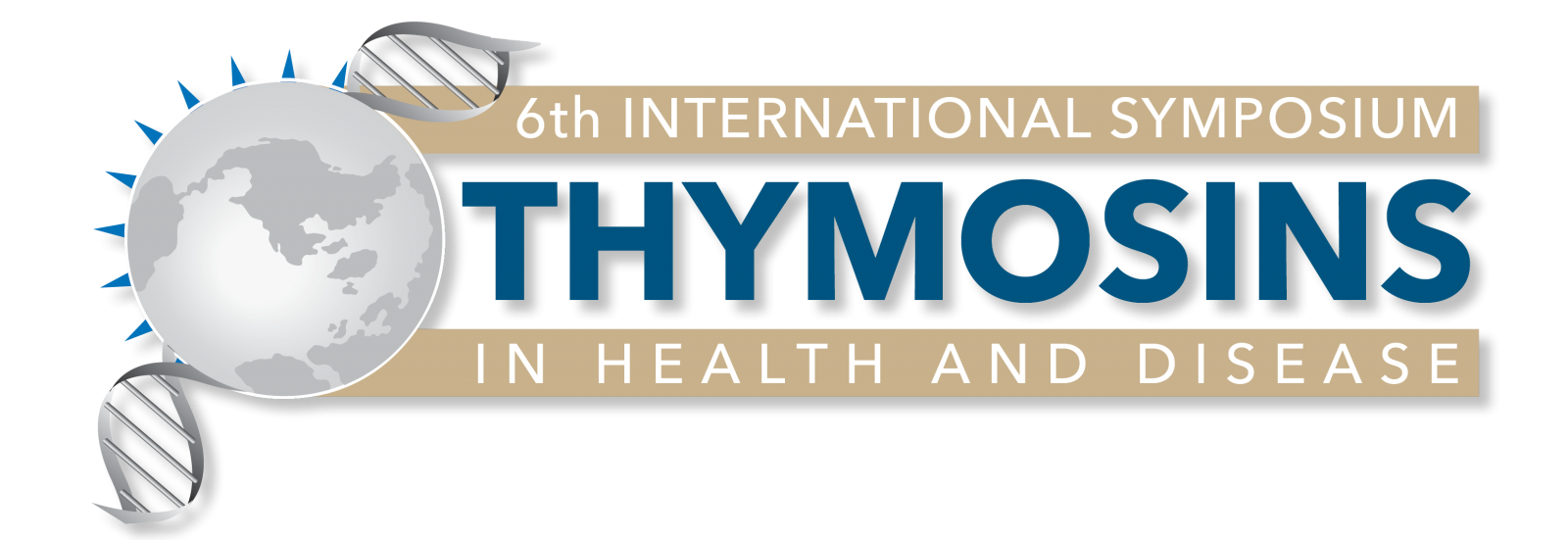
October 20-22, 2022
FH55 Grand Hotel Palatino
Via Cavour, 213/M, 00184 Roma
Rome, Italy
Welcome/Benvenuto
The George Washington University School of Medicine and Health Sciences, in collaboration with the University of Rome “San Raffaele” is pleased to host the Sixth International Symposium on Thymosins in Health and Disease.
This meeting will bring together many of the leading researchers in the US, Europe, and Asia, to report on advances that have been made in the chemistry, biology, and clinical application of thymosins in health and disease.
The thymosins are a family of biologically active peptides with hormone-like properties that were first isolated in 1966. Since that time, significant progress has been made in our understanding of the role of these molecules in immunity and the nature of the physiological processes they regulate. Several of these small peptides, such as thymosin alpha 1 and thymosin beta 4, have been synthesized and shown to have important clinical applications. The physiological processes that these peptides affect include stimulation or suppression of immune responses, regulation of actin dynamics and cell motility, neuroplasticity, repair and remodeling of vessels of the heart and other injured tissues, angiogenesis, and stem cell differentiation. Several of these molecules have also been shown to be useful as molecular markers and as potential diagnostics in areas ranging from cancer and infectious diseases to autoimmune diseases and aging.
In addition to reports on advances in basic research, the meeting will also highlight recent translational studies and detail how several of these molecules may play a role in the treatment of cancer, cardiovascular disease, and infectious diseases such as hepatitis. The meeting should be of keen interest to basic researchers, clinicians, and students of science with interests in this area.
Co-chairs:
Enrico Garaci, MD
Rector
University of Rome “San Raffaele”
Rome, Italy
Allan L. Goldstein, PhD
Emeritus Professor and Chair
Department of Biochemistry & Molecular Medicine
The George Washington University
School of Medicine and Health Sciences
Washington, DC
